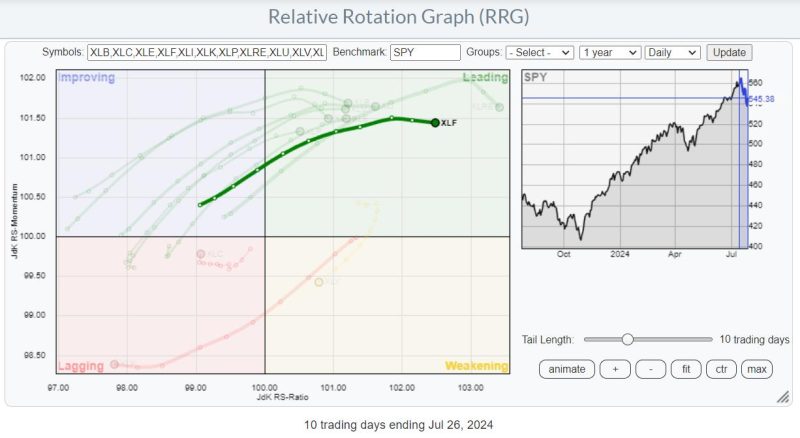Flying Financials: Will It Be Enough?
The airline industry is known for its dynamic nature, influenced by various factors such as economic conditions, fuel prices, competition, and technological advancements. As airlines strive for profitability and sustainable growth, the significance of robust financial management cannot be overstated.
Financial planning is critical for airlines to navigate the challenges of a highly competitive and volatile market. This involves meticulous budgeting, forecasting, and monitoring of financial performance to optimize revenue streams and control costs effectively. Airlines must strike a delicate balance between investing in operational efficiency and maintaining financial stability.
One of the primary financial challenges that airlines face is fuel price volatility. Fluctuations in fuel costs can have a significant impact on an airline’s bottom line, making fuel hedging strategies essential to mitigate risks. By locking in fuel prices at favorable rates, airlines can protect themselves from sudden spikes in fuel prices and ensure more predictable operating costs.
Another key aspect of financial management for airlines is revenue management. Airlines must implement sophisticated pricing strategies to maximize revenue generation while ensuring competitiveness in the market. Through dynamic pricing, airlines can adjust fares based on demand, competitor pricing, and market conditions to optimize load factors and profitability.
Cost control is equally vital for airlines to maintain financial health. Operational costs, including labor, maintenance, and aircraft acquisition, represent significant expenses for airlines. By monitoring and managing costs diligently, airlines can enhance efficiency, streamline operations, and improve overall profitability. Automation and digitalization play a crucial role in optimizing processes and minimizing manual errors, ultimately reducing costs and enhancing operational performance.
In addition to financial management, airlines must also focus on long-term strategic planning to secure sustainable growth. This involves diversifying revenue streams, expanding market reach, and investing in innovative technologies to enhance customer experience and operational efficiency. Collaborations and strategic partnerships with other airlines, travel agencies, and technology providers can further strengthen an airline’s competitive position and drive growth opportunities.
In conclusion, effective financial management is paramount for airlines to thrive in a challenging and rapidly evolving industry. By implementing sound financial strategies, including prudent budgeting, revenue management, cost control, and long-term planning, airlines can enhance their financial performance, drive sustainable growth, and adapt to changing market dynamics. The ability to navigate financial challenges and seize opportunities will determine the success and longevity of airlines in an ever-changing aviation landscape.
